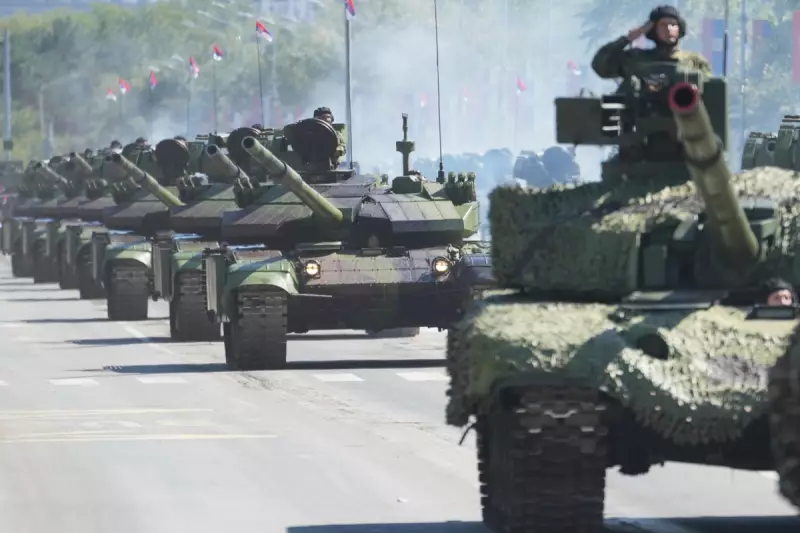
In a defiant address to the nation, Serbian President Aleksandar Vučić has forcefully declared that his country will not be coerced into surrendering its independent foreign policy to satisfy Western powers.
The stern warning, delivered from the capital Belgrade, comes amidst increasing pressure on the Balkan nation to fall in line with the European Union and NATO's stance, particularly regarding relations with Moscow.
A Firm Stance on Sovereignty
President Vučić was unequivocal in his position. He stated that Serbia is being subjected to 'brutal' and 'unprecedented' pressure from what he termed 'some of the most powerful nations in the world'. His message was clear: Serbia will not be a puppet state.
'We will maintain a policy of independence... We will not work for others, we will not be servants to anyone,' he asserted during his televised speech, framing the struggle as a fight for national self-determination.
The Delicate Balance with Russia
At the heart of the tension is Serbia's longstanding relationship with Russia. Unlike most European states, Serbia has refused to impose sanctions on Moscow following its invasion of Ukraine. This position has become a major point of contention with the West.
Vučić defended this approach, emphasising Serbia's commitment to its own national interests and its historical ties. However, he also offered a conciliatory note, expressing a desire to maintain and improve relations with all countries, signalling a complex diplomatic balancing act.
The Shadow of NATO and Kosovo
The President's rhetoric was steeped in historical grievance, particularly concerning NATO's 1999 bombing campaign of Serbia. He invoked the memory of the alliance's actions, which he claimed were based on lies, to underscore his deep-seated mistrust of Western military and political structures.
This historical context is inextricably linked to the ongoing dispute over Kosovo, a former Serbian province that declared independence in 2008—a move recognised by most Western nations but fiercely rejected by Belgrade and Moscow.
Vučić's speech reinforces Serbia's challenging position at a crossroads between East and West, determined to chart its own course in an increasingly polarised world.





